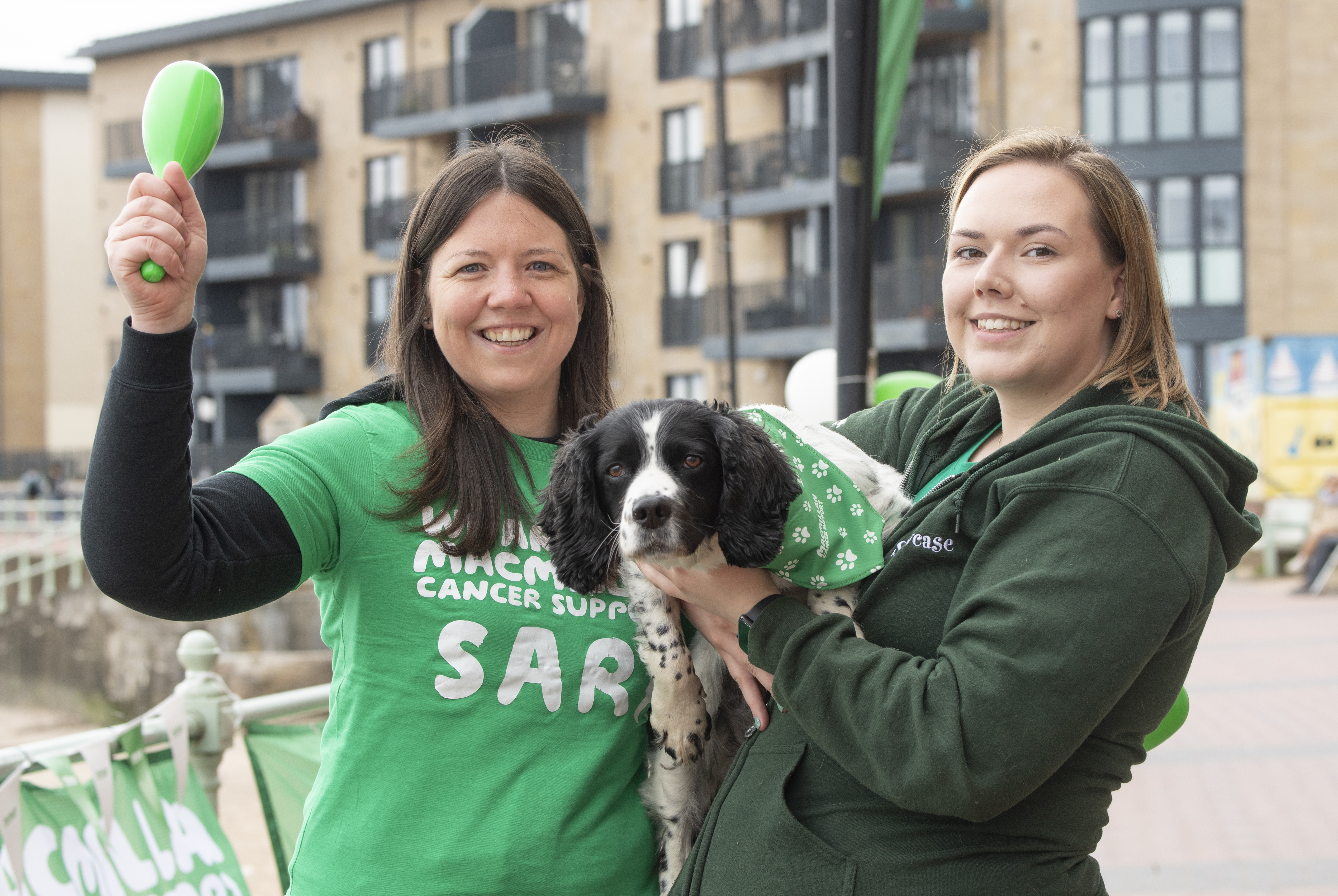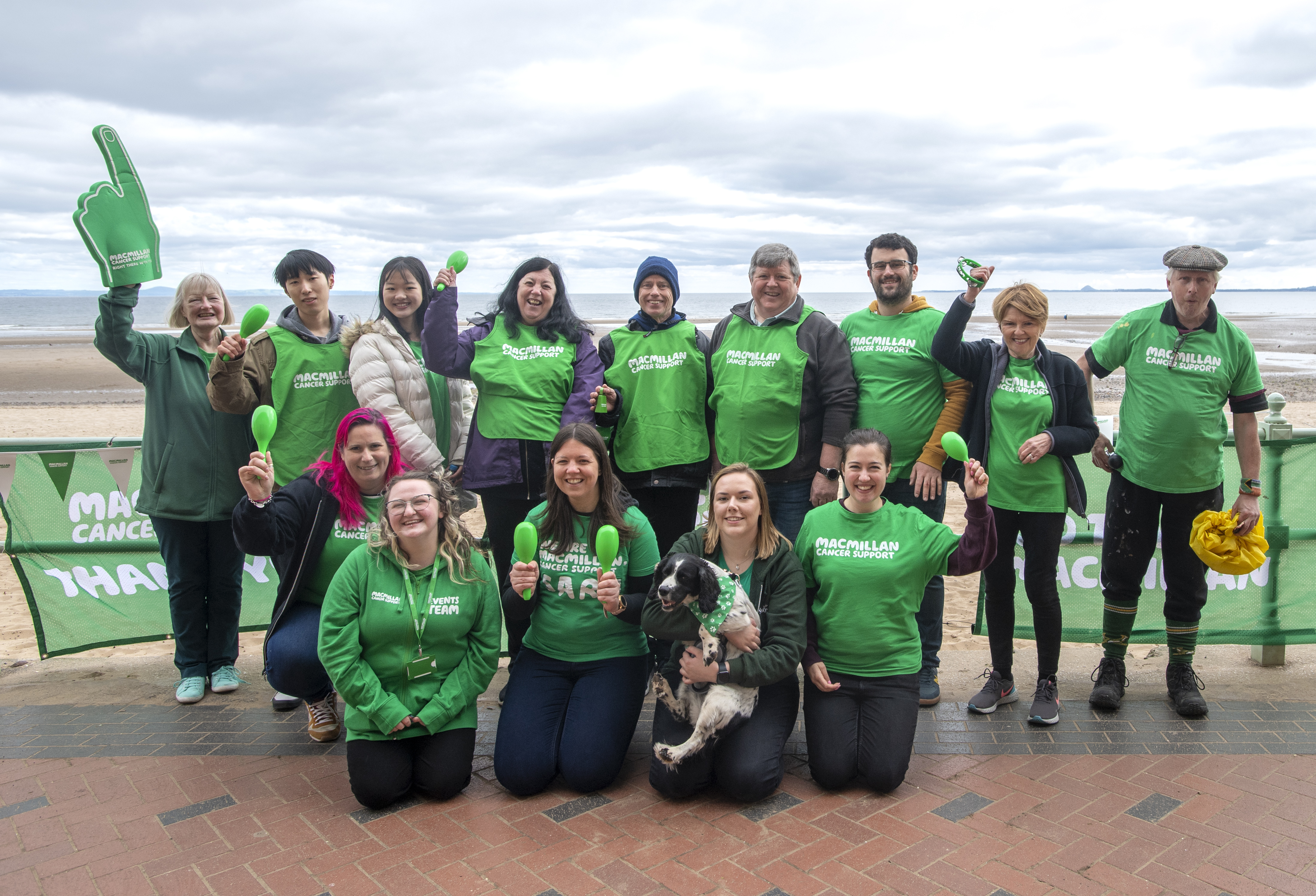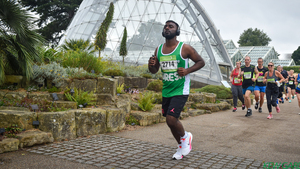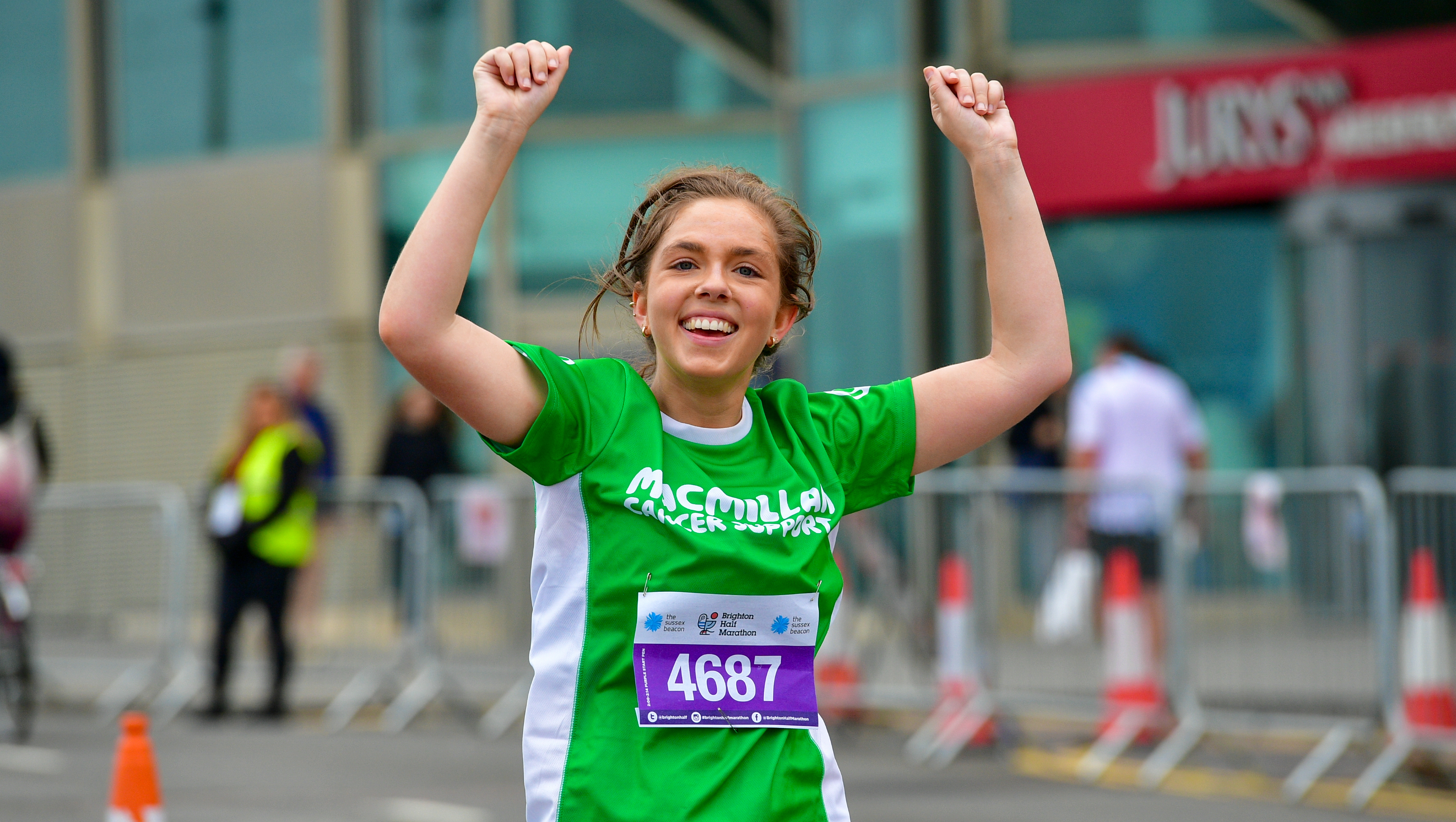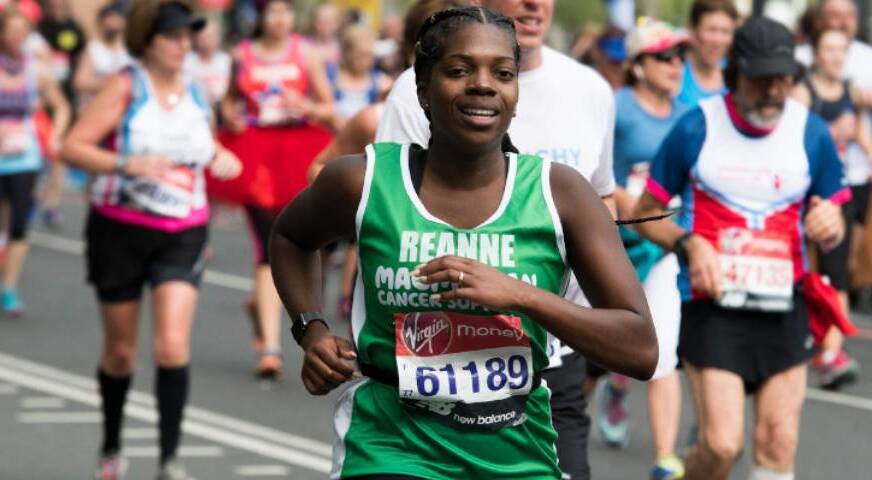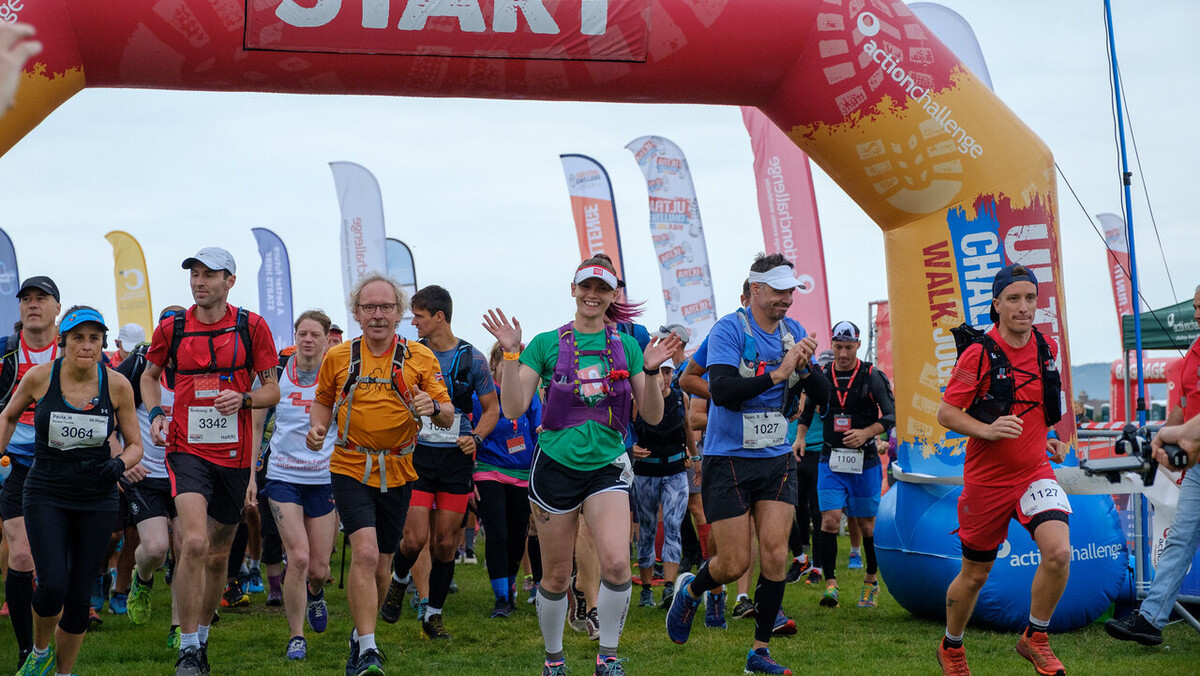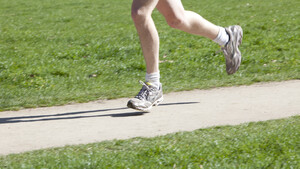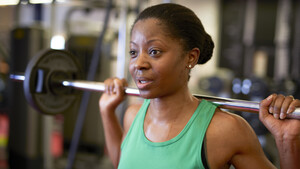
5K Charity Runs
5k FAQs
-
What is the average time to run a 5k race?
The average time for 5k runs will depend on many factors including age, gender, experience and levels of fitness. A lot of people running their first 5k aim for a time between around 25 - 40 minutes but it really is a personal thing. While most people who have a basic level of fitness will be able to train for a 5k in a few months, just finishing a 5k is an achievement.
The current world records for the 5,000m (on the track) are held by Joshua Cheptegei with 12 minutes and 35.36 seconds for men and Letesenbet Gidey with 14 minutes and 6.62 for women. So that should give you something to aim for! -
Do I need to train for a 5k?
If you exercise regularly and have done some jogging or running in the past, then it is possible for you to complete a 5k without any training. However, for most people at least some training will be required, especially if you want to achieve a time that you will be happy with.
Check out our training plans to help you prepare for race day. You could also consider joining parkrun, a free and inclusive local community 5km taking place across the UK. -
How far is a 5k race?
A 5k (5,000 metres) race is just over 3.1 miles. It’s a great distance because with some training almost everyone can take part. It’s perfect for beginners getting into running, those that enjoy the social aspect of running, and more experienced runners looking for a quick time over a shorter distance.
-
Am I allowed to walk during a 5k race?
Walking is usually fine at most events, whether it’s a mixture of walking, jogging and running, or just walking. However, some events may have time limits, especially if the event is on closed roads. If you think you are likely to walk, then it’s always worth checking with the event organiser to make sure that they welcome walkers and so you know what the cut off time for finishers will be.
-
Can I wear headphones during a 5k race?
While some races may allow you to wear earphones or bone conduction headphones, many prefer people not to, or they may even ban participants from wearing them. This is mainly for safety reasons. If you can't hear other runners around you or traffic, then the risk of collisions and injury is much greater. Also, the atmosphere at running events is great and it’s a shame to miss out on it.
-
How many calories do you burn during a 5k race?
On average, you burn between 300 - 400 calories during a 5k race, but the exact figure will depend on a number of factors, including how fast you run, your body mass, and the terrain that you are running on. More hills means more effort, which in turn leads to more calories being burnt.
-
What should I eat before my 5k race?
Carbohydrates are vital for fuelling your training and race effectively. High quality, slow-release complex carbohydrates include oatcakes, sweet potatoes and whole grains are great. Protein provides the essential nutrients you need to heal damaged muscle fibre and tissues. You can get these proteins from lean meats, fish, nuts, sprouting seeds and tofu.
We have lots of information on preparing your body for your event. -
What is a 5k race pace?
A 5k race pace is the average time it takes you to complete each kilometre or mile of the race. There are various training plans and ways to run a 5k and it might take some time to find out what works best for you. Some people prefer to run a steady and consistent pace where each split is tackled at the same speed. Others prefer to run slower at the start of the race and speed up as they continue through (this is called negative splits). The reverse of this is called positive splits, this is when you go out fast and trying to hold on but accepting that the second half of your race will probably be a bit slower (positive splits).
-
How old do I have to be to compete in a 5k race?
While the 5k distance is certainly a challenge, one of its advantages over longer events like half marathons or full marathons is that it is more suitable for young people. The distance is often included as a family fun run option where the whole family can get their running shoes on and run for charity together.
-
What should I wear while running my 5k?
With a lot of events, where you choose to run and fundraise for Macmillan you will receive a running t-shirt or vest, but what else should you wear?
The most important thing is to be comfortable and also take into account the conditions you will be running in. If it's likely to be hot think about UV protection, running caps, performance sunglasses, and sunscreen. If it's going to be cooler, then consider running tights and multiple layers rather than anything heavy. The key is making sure you have trained in what you are wearing and you are comfortable in it.
Check out our full range of Macmillan running kit.
Other popular events
Fundraising support
Training essentials
Other ways to Fundraise
-
Charity fitness challengesSometimes a run isn't just a run. It's a run with mud and fire obstacles! From fitness challenges that we have set...
-
Charity bike rides and cycling eventsWhat better way to discover the great outdoors than on your bike? See what great cycling events we have on offer to...
-
Walking for charityLace-up your walking boots and take on some seriously scenic hiking routes for Macmillan.Whether you choose to walk,...



